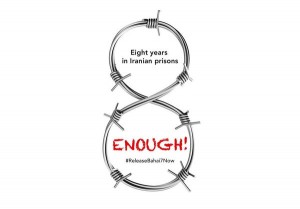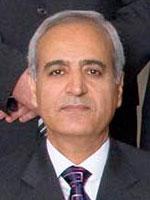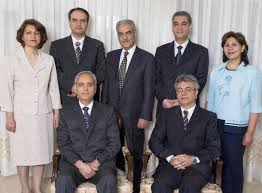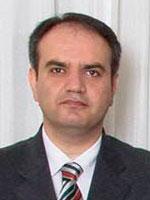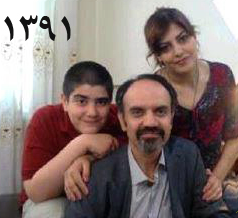**(Lest We Forget)**
The campaign is over now.
There have been several concerted efforts to raise global awareness. One proclaimed the passing of 10,000 hours of unjust, of ridiculously tragic imprisonment of seven Baha’i leaders in Iran. Many fine words were said in numerous dignified contexts, but the “Yaran” – it means “friends” in Farsi – remained in jail. The five-year mark of their astounding 20-year sentences brought another crescendo of polite indignation, but these five years of loss, not only to the persecuted Baha’i minority but to all of Iranian society, moved the Teheran government not a bit.
In May of 2015, the hashtag #SevenBahaisSevenYears achieved not quite the currency of, say, #BlackLivesMatter (to say nothing of tags for TV shows or celebrity break-ups), but it circled the globe with awareness and a renewed call for justice. Earlier this month, #EnoughIsEnough and #ReleaseBahai7Now had their moments of trendiness as the Yaran’s captivity reached its eight anniversary.
The campaign did its best. More people than before are aware of the human rights situation in Iran, one that puts the Baha’is at the centre of the issue – not that they are the only, or even the largest, group that is oppressed and unjustly incarcerated. In fact, the Baha’i community wishes only to serve the broader population, and is dogged, even when its brightest young people are excluded from university admission, in its pursuit of education for all. Their “crime” is one, plainly and simply, of belief in the teachings of the 19th-century Persian nobleman known as Baha’u’llah, considered a heretic by Shiah Islamic clerics. All the noise about “sedition” and “immorality” and “spying” is nothing but bigoted, ignorant and baseless slander; religious intolerance is the reality.
So here I am. I tweeted and liked. Did my bit, I guess. Maybe so.

